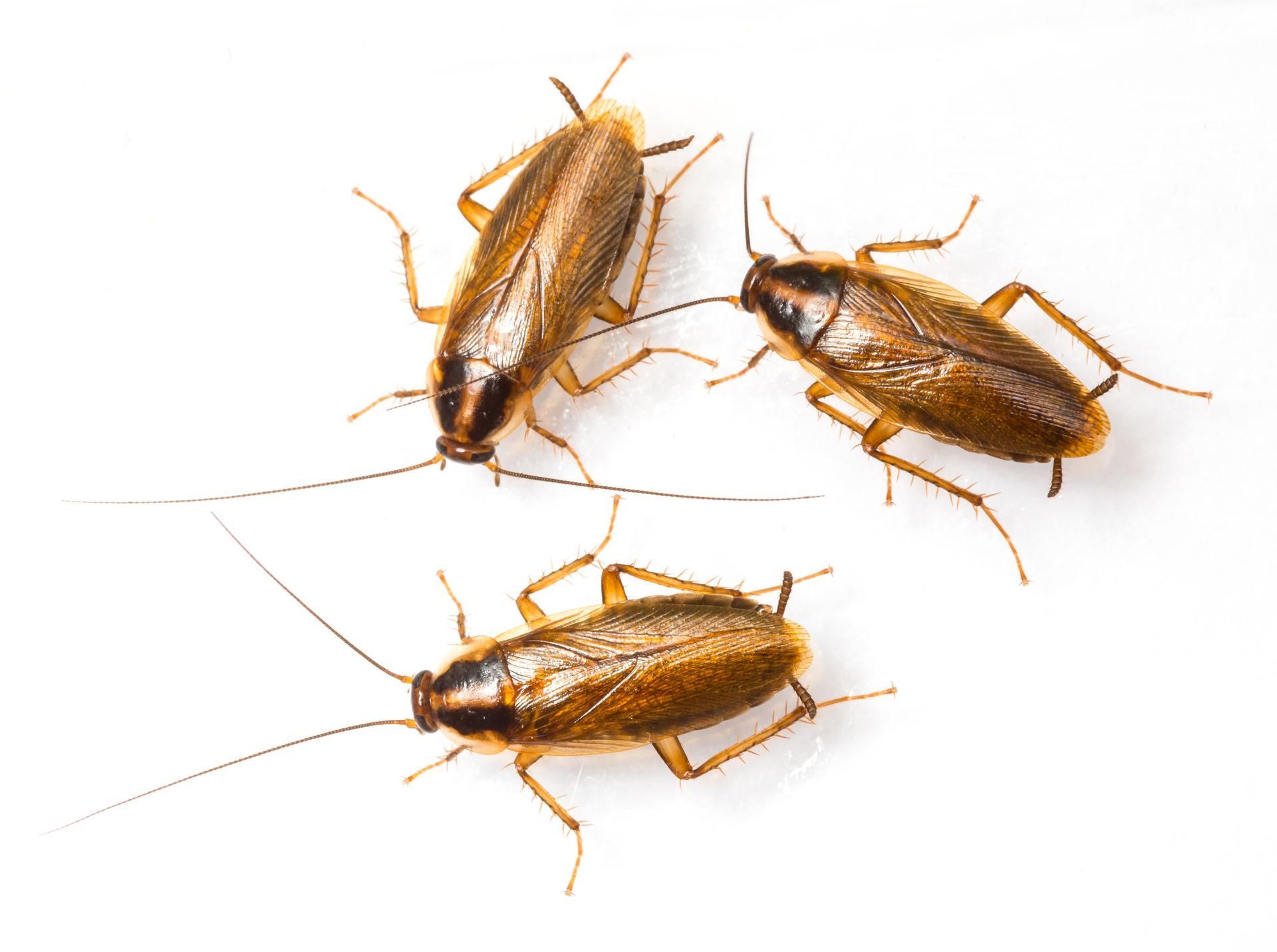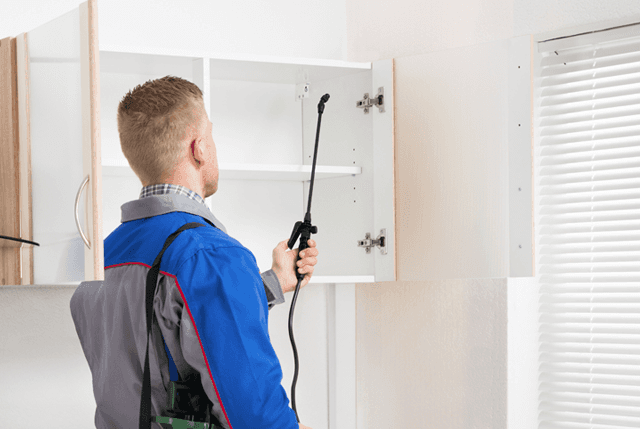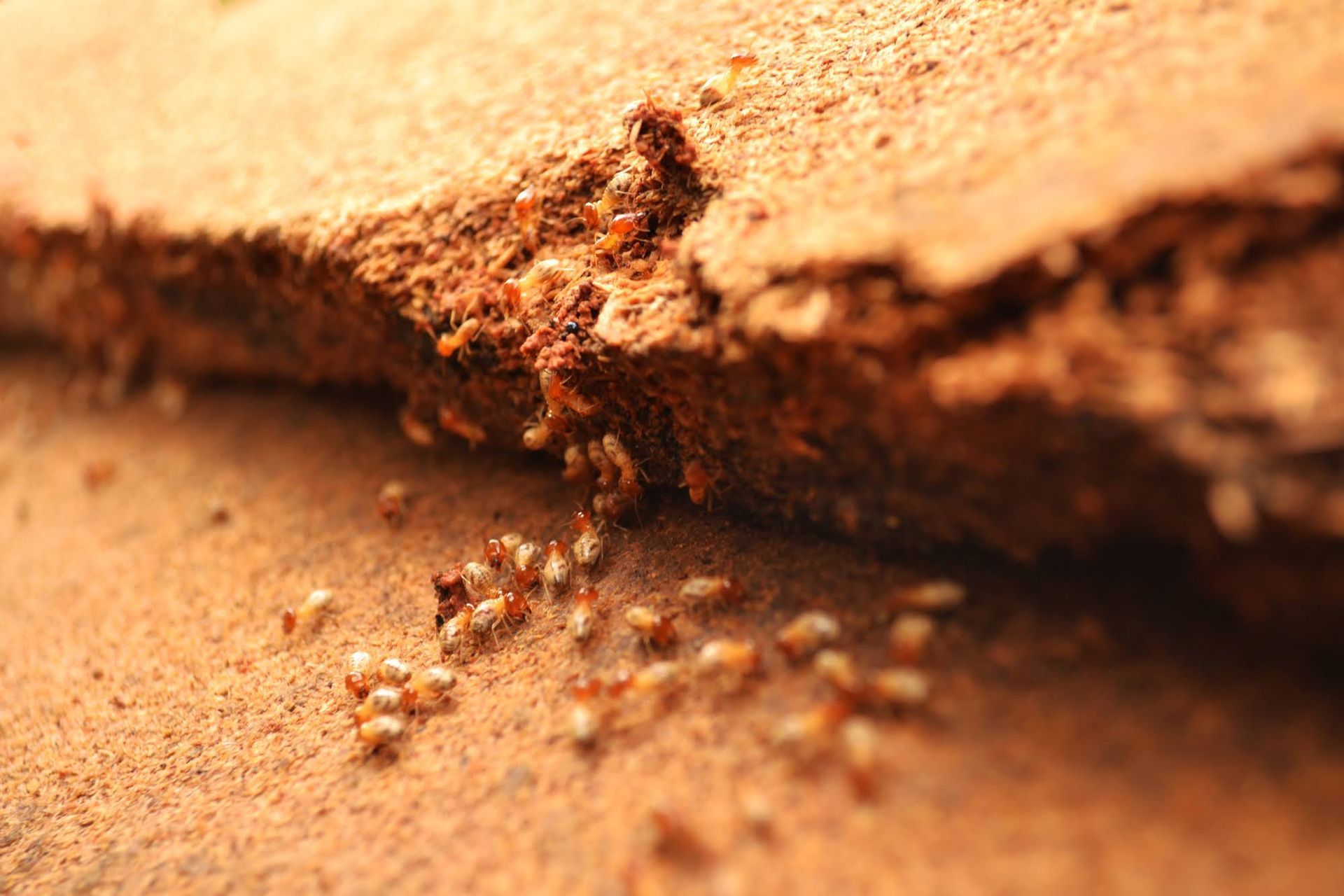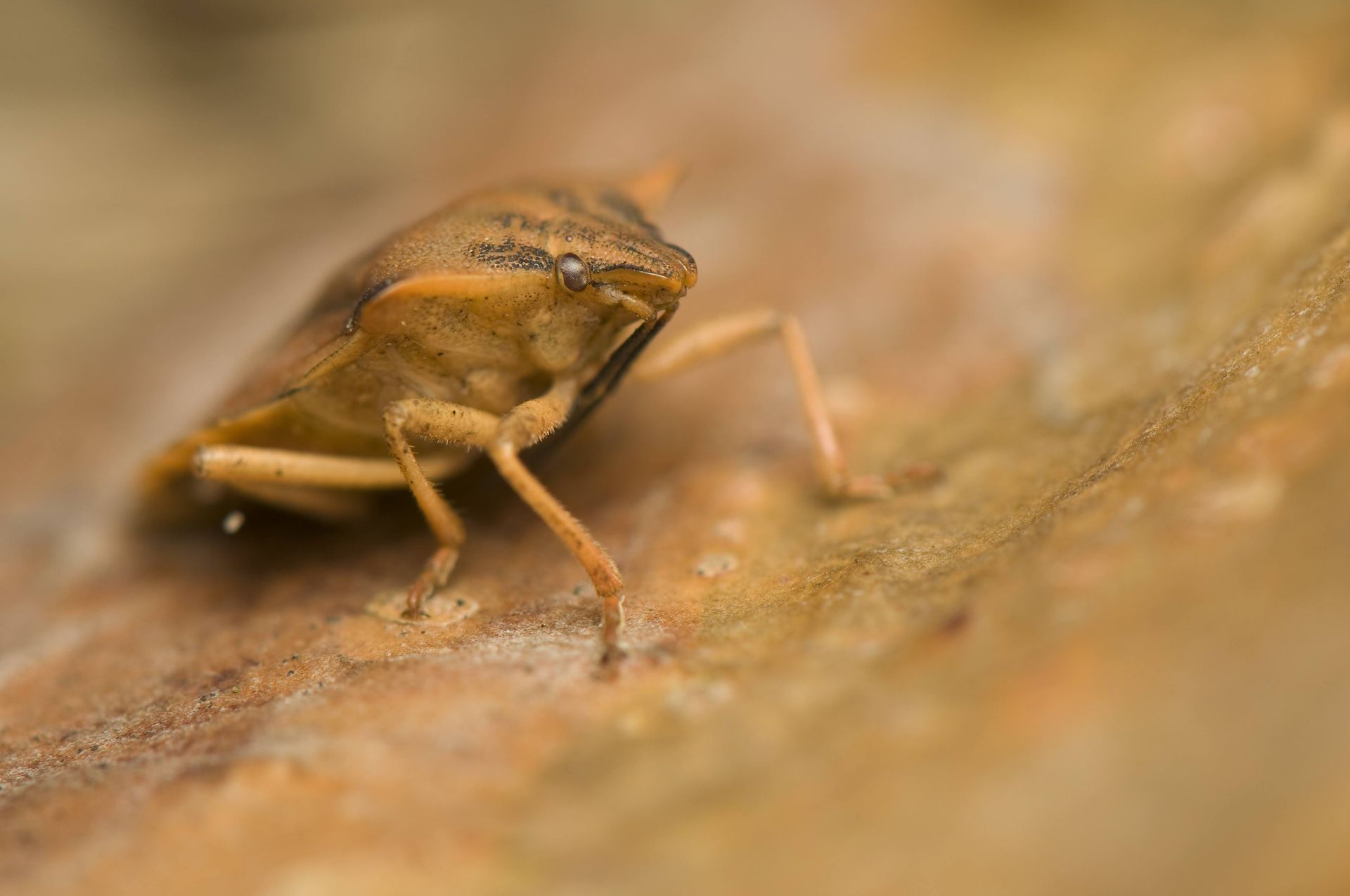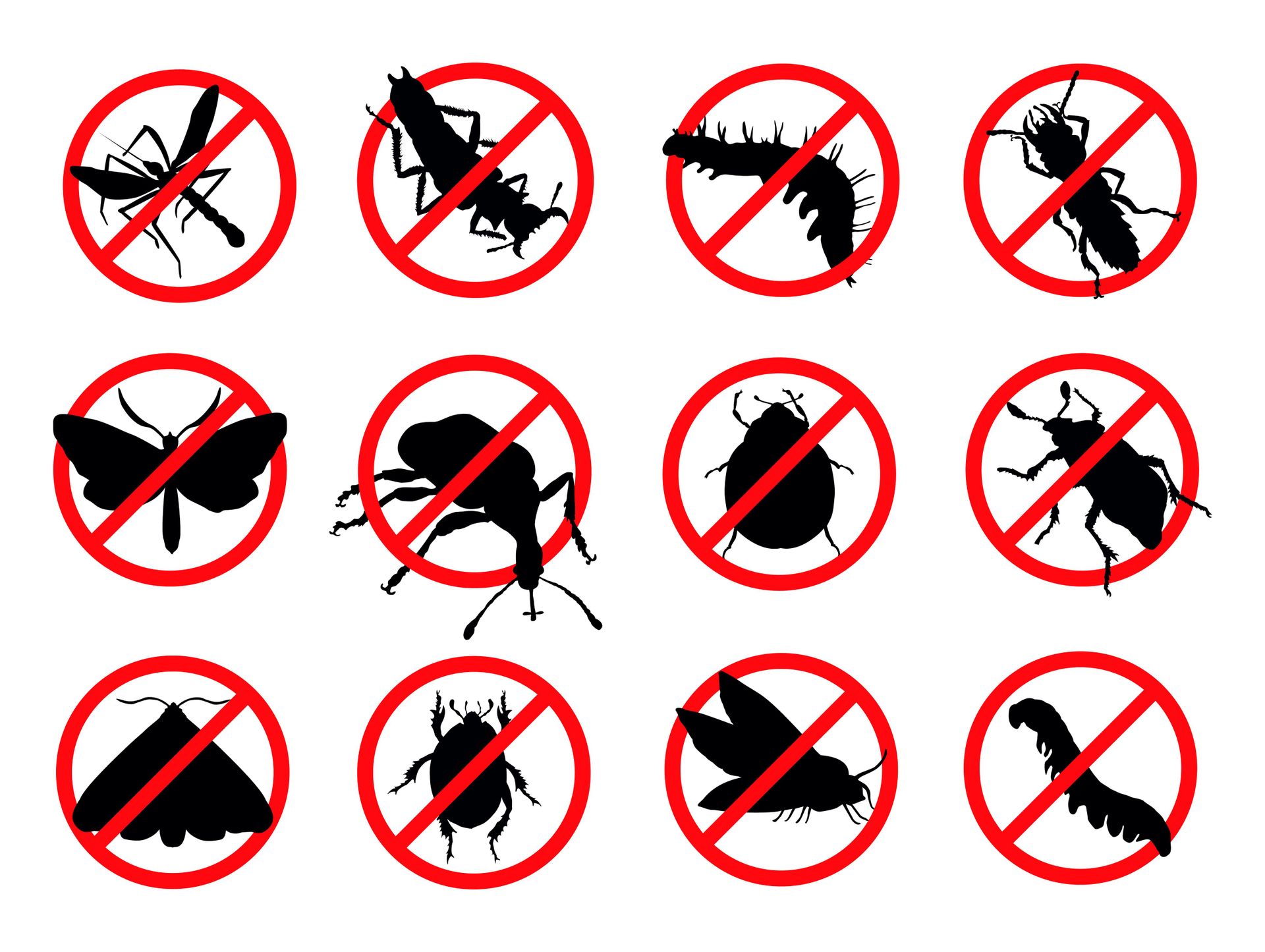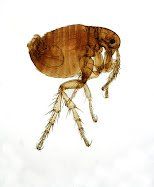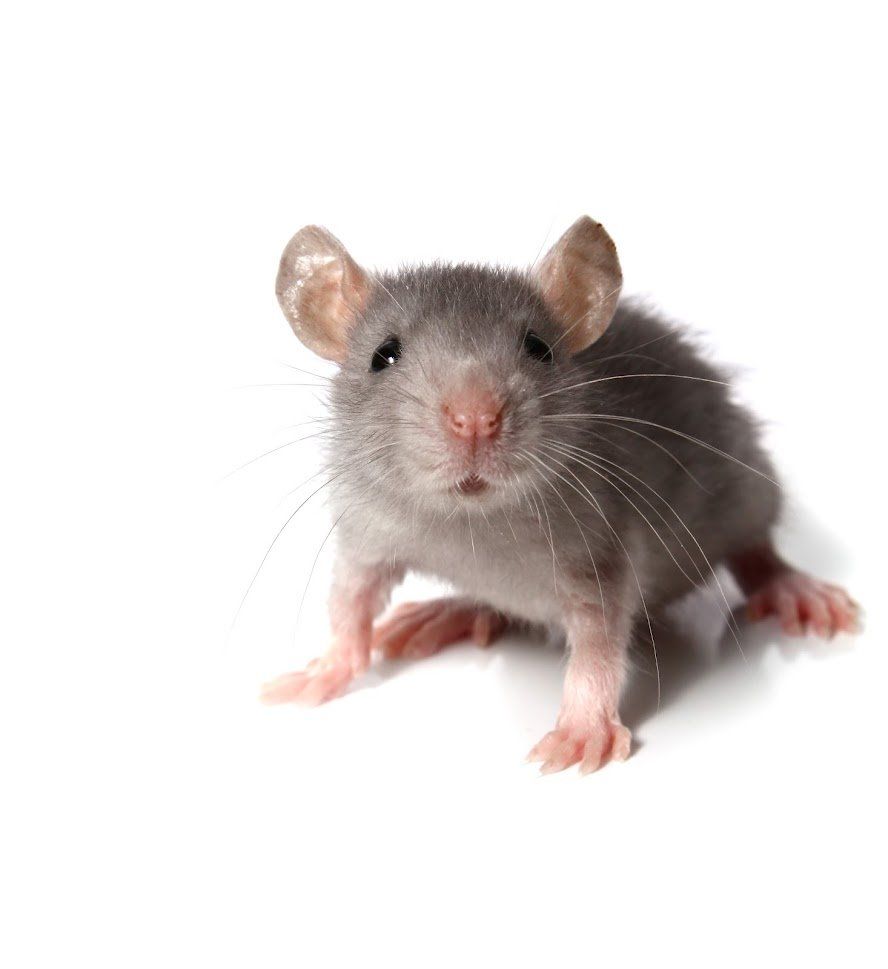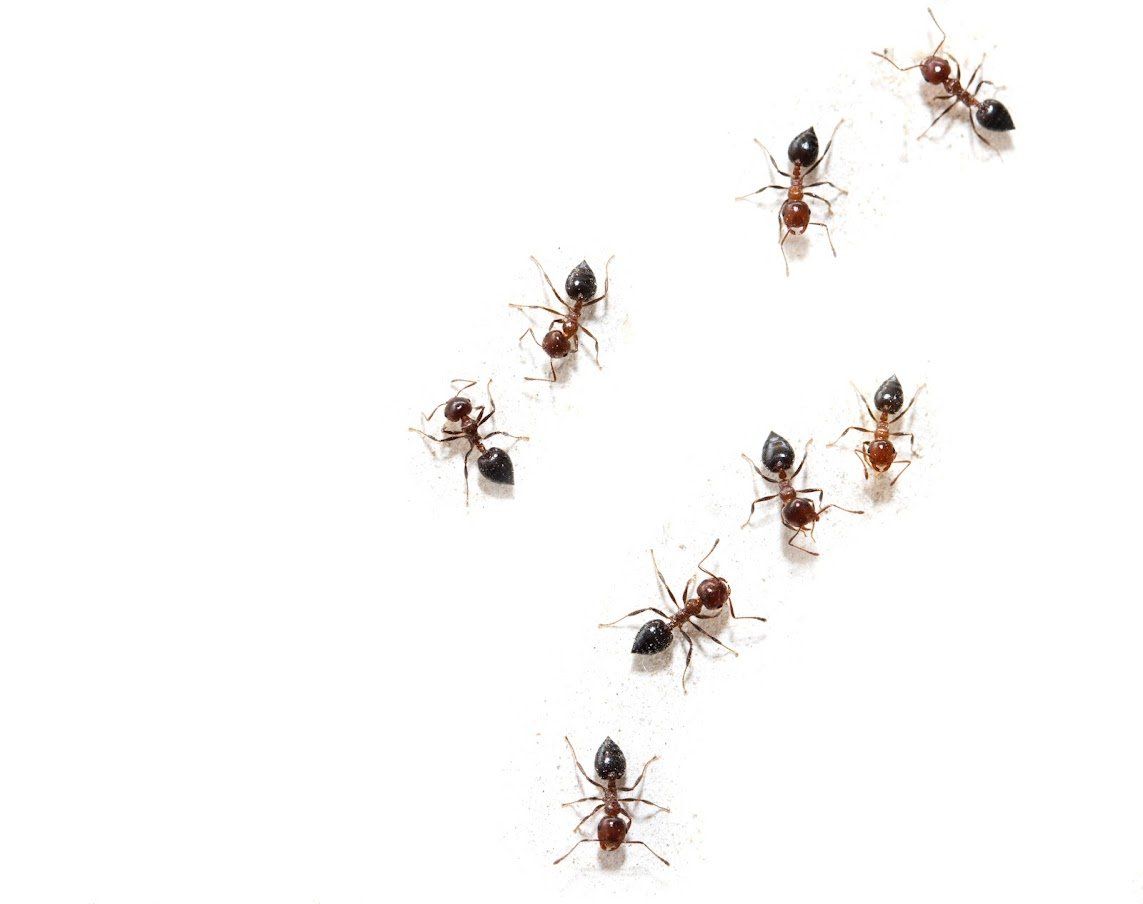Best Pest Control SERVICES
CALL NOW!
Pest Control for Massachusetts Landlords

A variety of pests are common problems in Massachusetts homes, including roaches, bed bugs, ants, mosquitoes, and rats. If you're a property owner and landlord in the state, then it's your responsibility to maintain a pest-free property for your tenants.
Exterior Management
A good exterior pest management program provides an effective way to prevent pests in the unit without imposing upon your tenants. When done properly, exterior pest control can greatly reduce the chances of pests making their way into your rental property.
Perimeter Treatments
An effective way to create a pest exclusion barrier around the property is to have the outside perimeter of the building sprayed once a month. Keep in mind that pest treatments, including exterior treatments, must be completed by a licensed pest professional unless the landlord lives on the property and the property contains less than four units.
Garbage Control
Garbage on and around the property will make it more appealing to both insect and rodent pests. Provide your tenants with secure garbage containers that have tight fitting lids and no holes to help minimize pest attractants. Your pest service can also place rat bait stations around garbage canisters to monitor for rodents and help control any existing populations.
Landscaping Concerns
Too much brush near the building may attract rodent and insect pests, plus it makes it more difficult to properly apply pesticides or set bait stations. Caring for the landscaping reduces hiding places for pests.
It may also be necessary to limit food sources in the landscaping by requesting that tenants do not hang bird feeders near the building or set pet food outside. Your pest service can inspect the property and point out any landscaping issues that may be contributing to pest problems.
Interior Management
1Controlling pests inside the unit can be more of a challenge, since you will be dependent upon the tenant to report problems promptly. Fortunately, there are some strategies available to help landlords navigate this challenge successfully.
Unit Treatments
A pesticide treatment should be a normal part of your clean-out procedures between tenants. It's also possible to schedule treatments once a unit is occupied as long as you follow current landlord-tenant laws. Generally this means providing the tenants with at least a 48 hour notice before entering the unit to apply pesticides.
Similar to exterior treatments, you must also use a licensed pest control service if you do not live in the building and there are more than four units.
Lease Provisions
Least provisions should make it clear that in Massachusetts the tenants are not responsible for pest control, as this will help alleviate concerns about paying for the service that could prevent a tenant from reporting a pest problem. Provisions can also be in place to help reduce pest issues, such as requiring tenants to promptly report any issues in the unit that could attract pests such as torn window screens or water leaks.
Entrance Controls
Even a small hole in the building's siding could result in a major pest infestation, as a mouse can fit through holes as small as 1/4 inch wide and insects can squeeze through even tighter spaces. Sealing up openings in the walls—such as gaps around window frames or spaces where pipes and cables enter—can greatly reduce the chances of a pest problem.
Regular property inspections can help you catch these issues before they have a chance to develop into a pest concern.
Contact Best Pest Control Services for more help in managing pests in and around your rental units, whether it's combating a current infestation or working to prevent issues from occurring in the first place.
BROWSE OUR WEBSITE
CONTACT INFORMATION
Address:
63 Elm St. Somerville, MA 02144
Phone:
Email:
HOURS OF OPERATION
- Mon - Fri
- -
- Sat - Sun
- Closed






